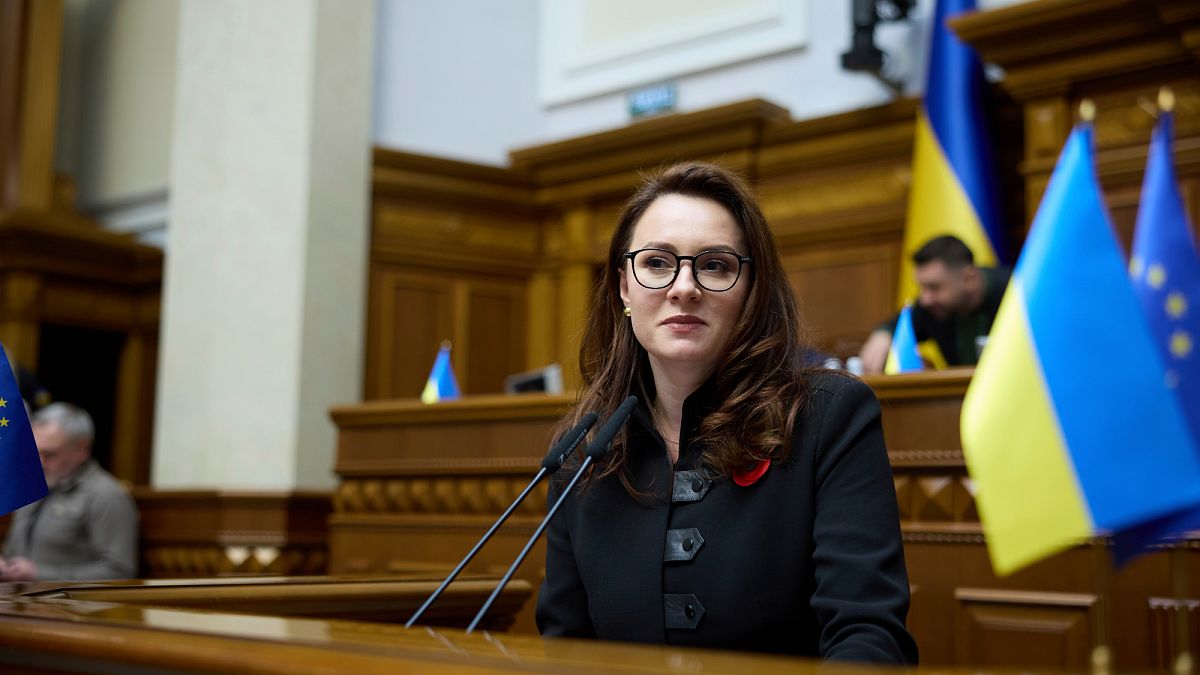

In the ever-evolving landscape of global politics, a series of recent events highlights significant shifts and efforts towards peace and stability in various regions. These diplomatic endeavors underline the importance of international cooperation and dialogue in addressing complex issues. This article delves into recent key developments, providing a calm and thorough overview of these unfolding stories.
Ukraine’s Leadership and US Support
In Ukraine, a vital shift in leadership has taken place as Yulia Svyrydenko is appointed as the new Prime Minister by President Volodymyr Zelenskyy. Svyrydenko, an accomplished economist with extensive governmental experience, including roles as Minister of Economic Development and Trade and Deputy Head of the Office of the President, brings a wealth of knowledge and stability to the Ukrainian political landscape. This appointment is part of Ukraine’s ongoing efforts to strengthen its internal administration amidst challenging times.
Meanwhile, the relationship between Ukraine and the United States remains a focal point of international attention. The recent meeting between Ukraine’s leadership and a US envoy marked a productive dialogue, signaling maintained support from the United States. President Trump has expressed readiness to enhance this support by committing to send Patriot missile systems to Ukraine, a significant assurance against previous uncertainties regarding US military aid. These developments underscore the continued cooperation and strategic partnership between Ukraine and the US, fostering resilience and security for the Ukrainian nation.
European-Iranian Relations and Human Rights Advocacy
Turning to the complex realm of European-Iranian relations, human rights have emerged as a critical point of discussion. Rights activists have been urging European governments to prioritize the plight of political prisoners in Iran during any future diplomatic engagements. This appeal is part of a broader push to ensure that human rights considerations remain integral to international discourse, particularly in relations involving Tehran, known for its stringent domestic policies toward dissent.
The call for European leaders to integrate the issue of Iran’s political prisoners into discussions is a testament to the global commitment toward human rights and justice. This highlights the necessity of balancing diplomatic relations with ethical considerations, providing hope that dialogue will pave the way for improved conditions and respectful engagement on the international stage.
Efforts to Address Israeli-Palestinian Tensions
In another significant diplomatic move, efforts to address long-standing tensions between Israel and Palestine have gained momentum with a noteworthy gathering in Bogotá, Colombia. Spearheaded by UN rapporteur Francesca Albanese, the 30-nation conference aims to forge a path toward peace by agreeing on political, economic, and legal actions necessary to end Israel’s occupation of Palestinian territories.
Albanese, who recently faced sanctions but remains steadfast in her mission, described the conference as a vital development in the ongoing quest for a peaceful resolution. Including countries like China, Spain, and Qatar, this inclusive approach presents an opportunity for a renewed commitment to peace and solidarity among nations. The conference is described as taking place at an “existential hour” for both Israeli and Palestinian peoples, emphasizing the urgent need for constructive dialogue and actionable solutions.
These global diplomatic efforts, whether in Ukraine’s political realm, European-Iranian relations, or the Israeli-Palestinian conflict, collectively reflect a world in pursuit of peace, stability, and human rights. They highlight the intricate weave of international relations and the continued pursuit of harmony through dialogue. As nations navigate these complex interactions, the overarching narrative remains rooted in hope, cooperation, and the shared vision of a more peaceful world.
Source: {link}
